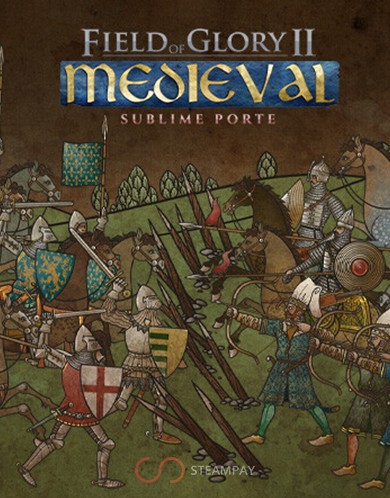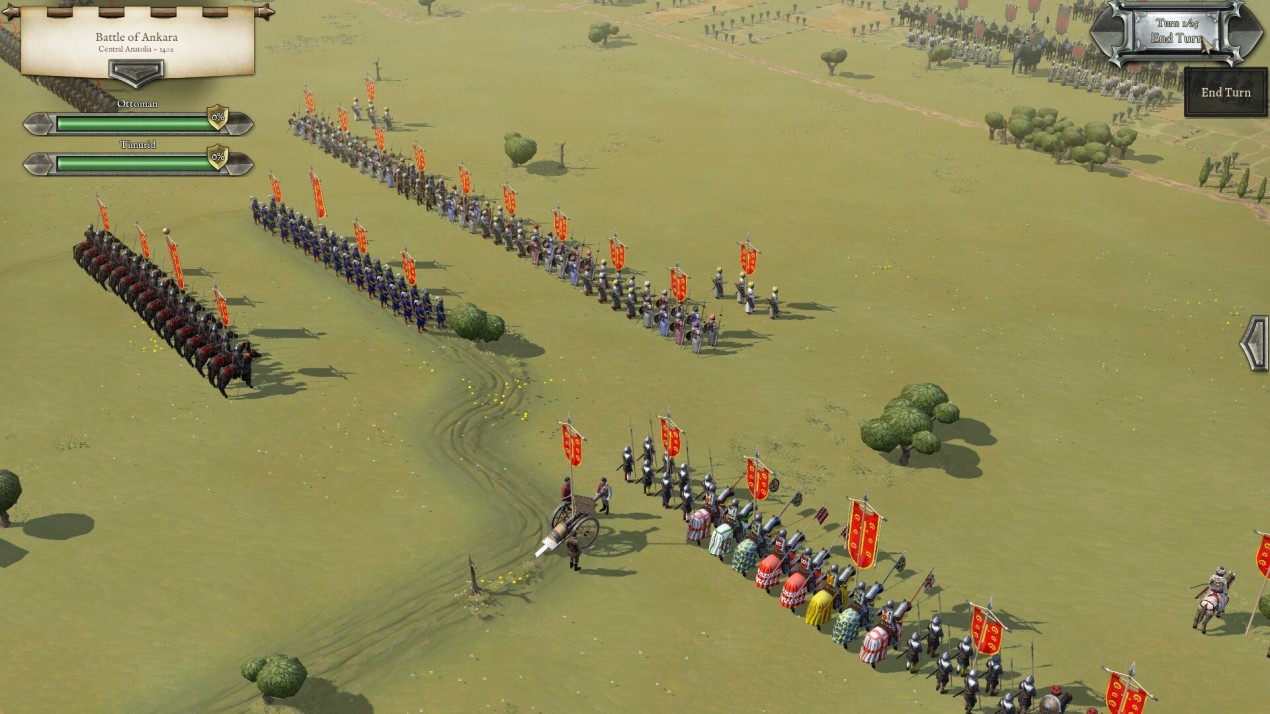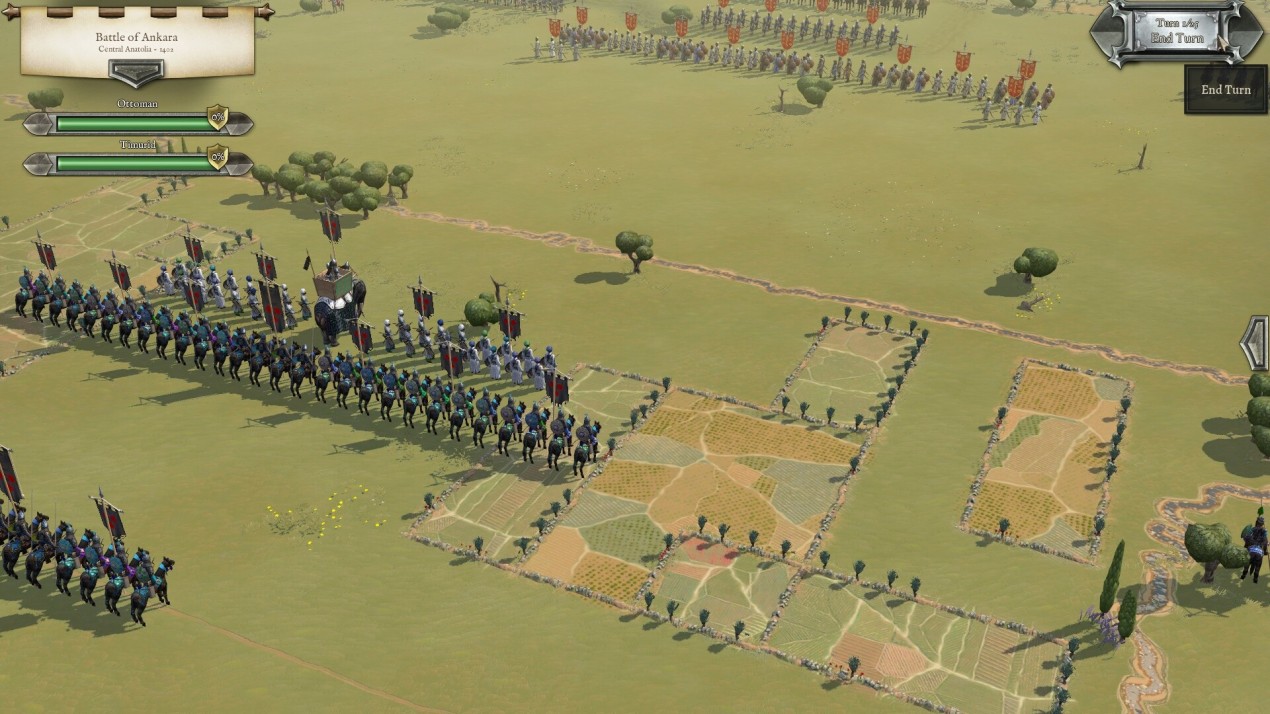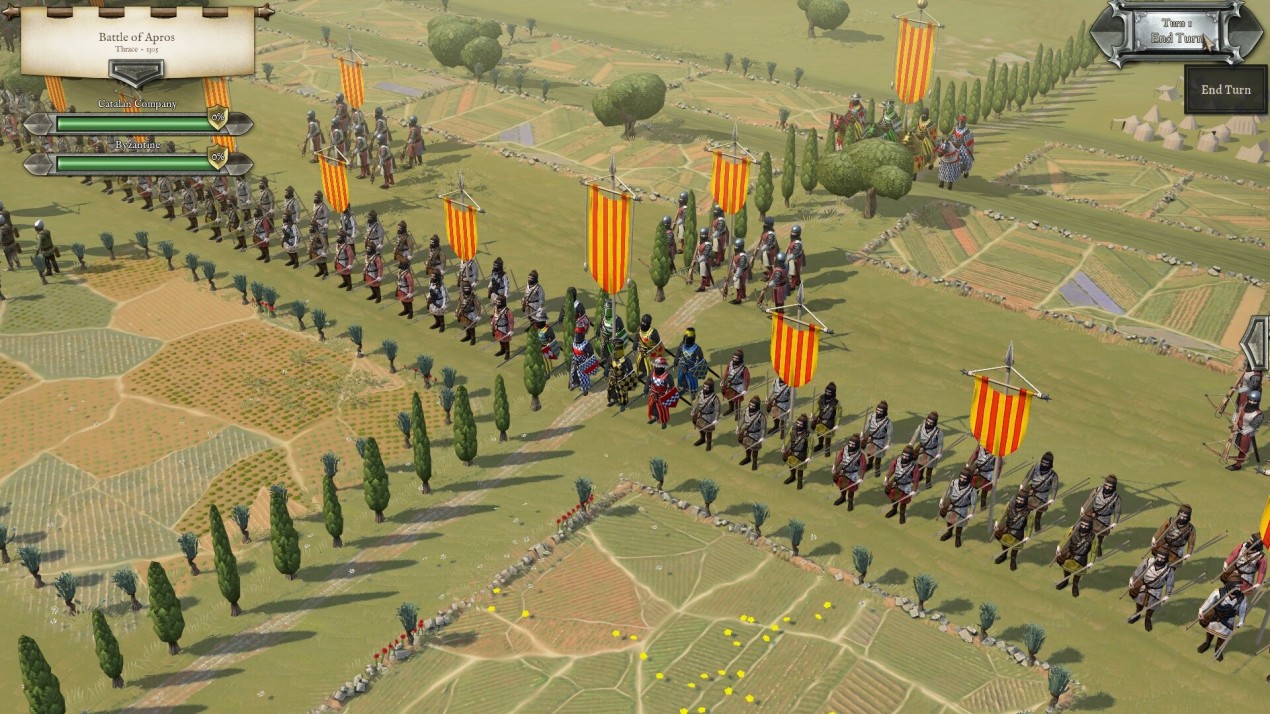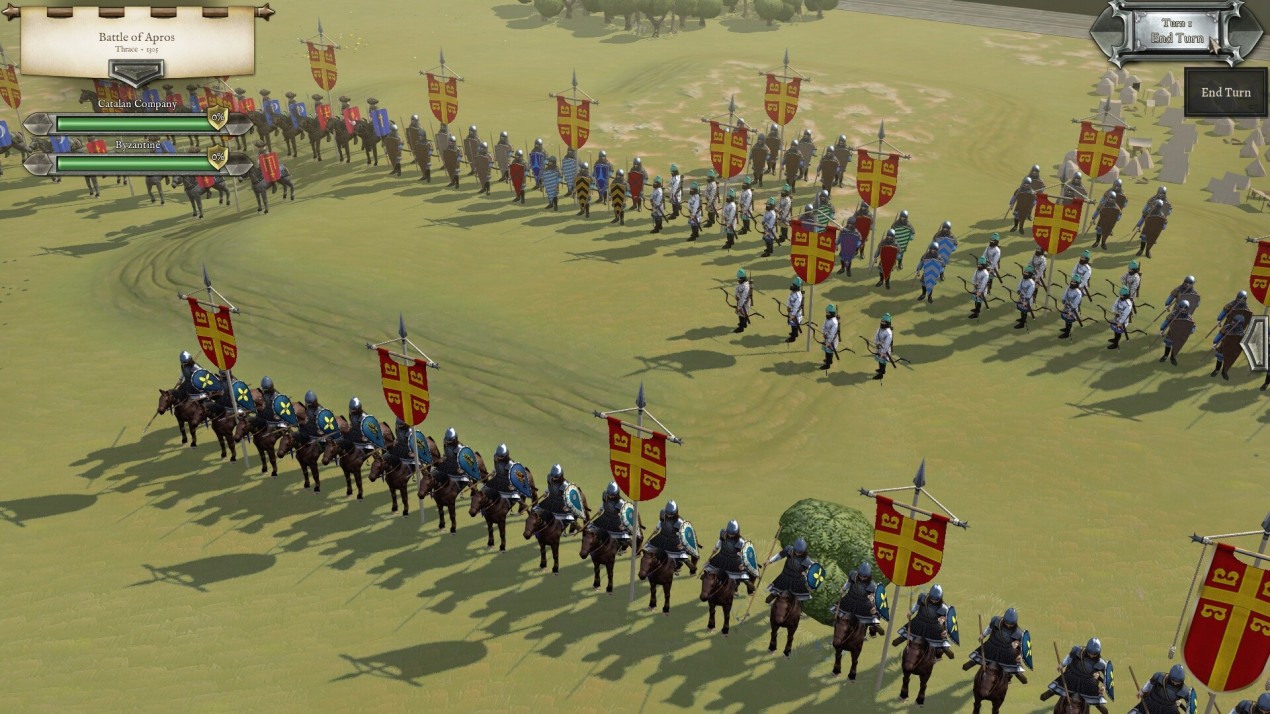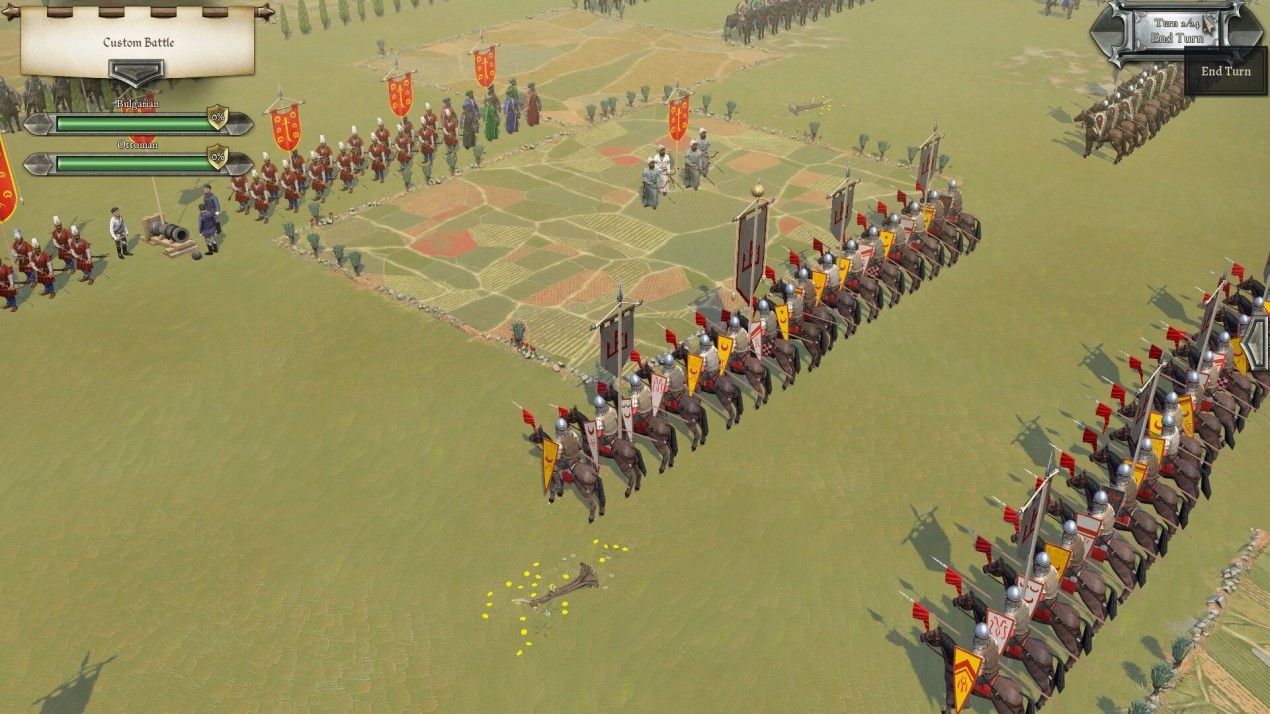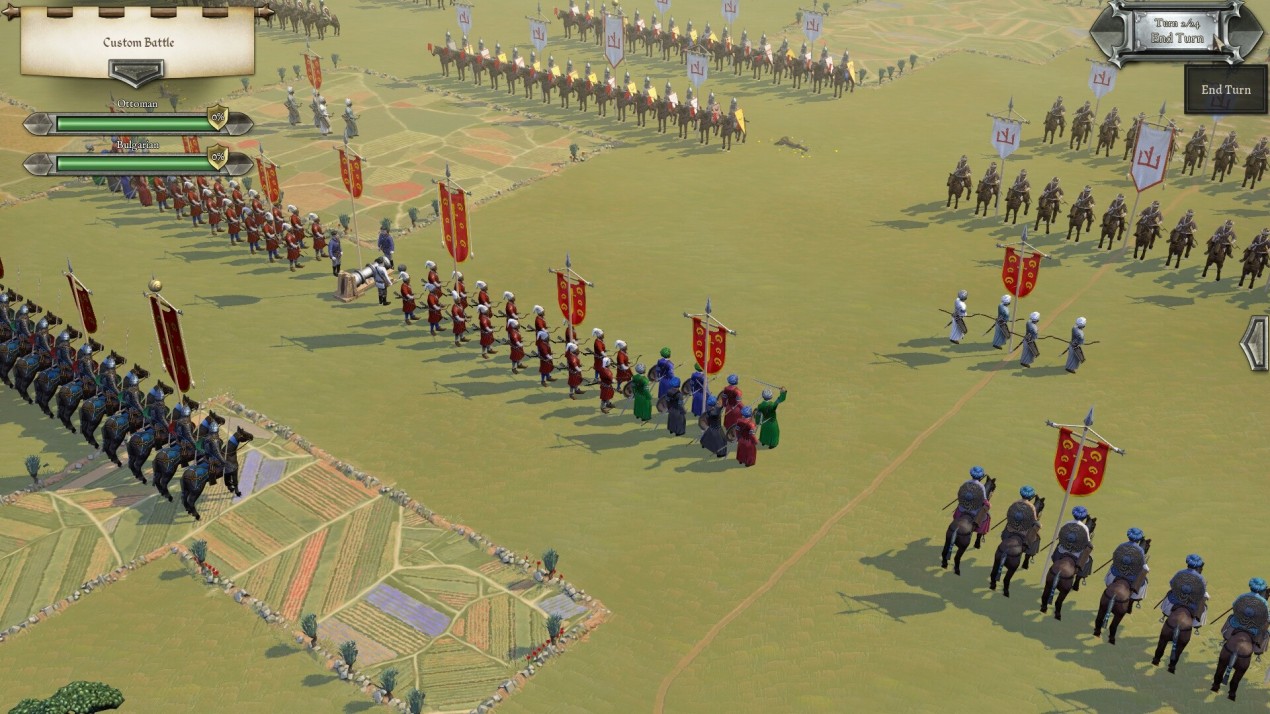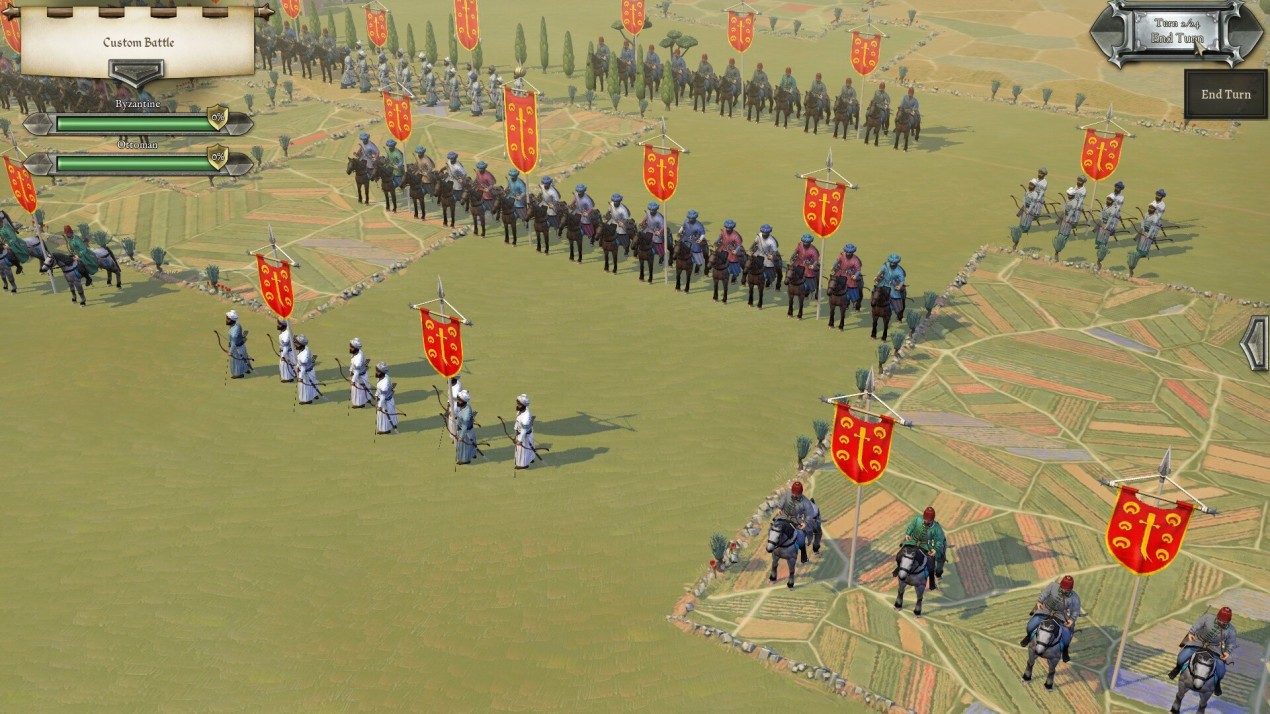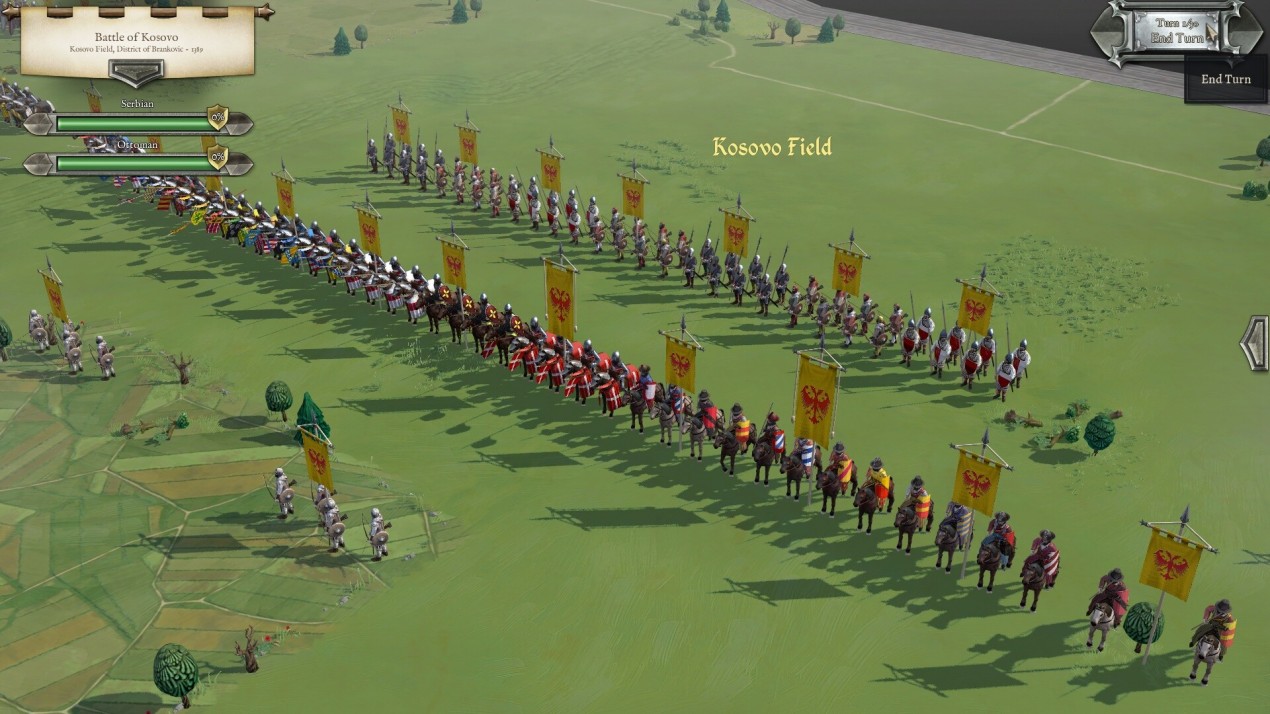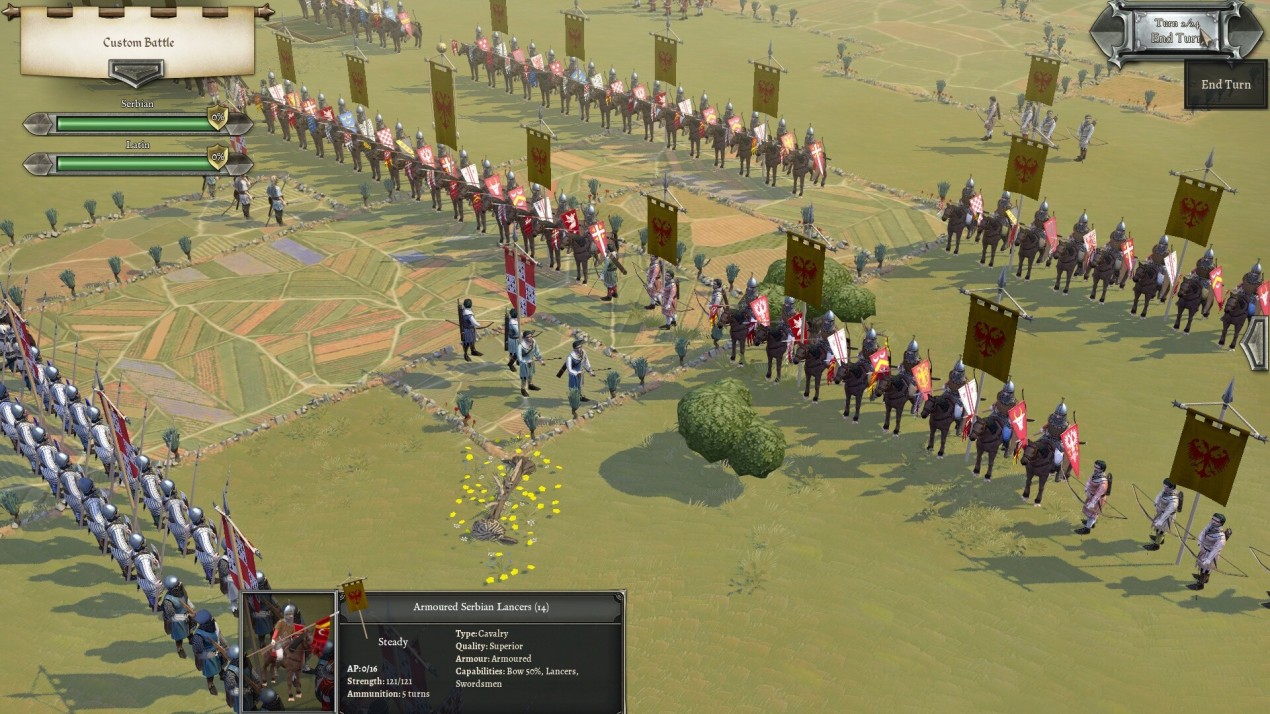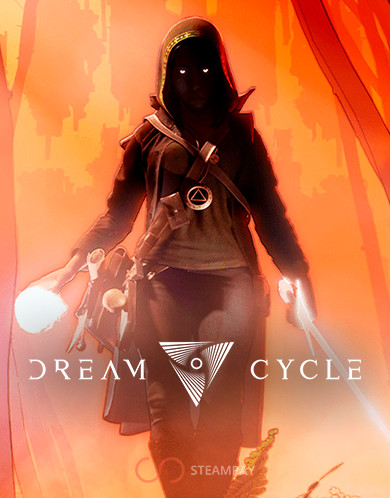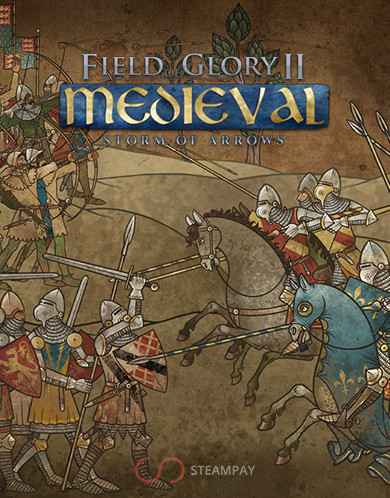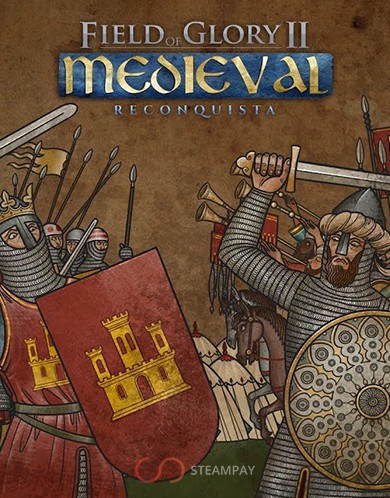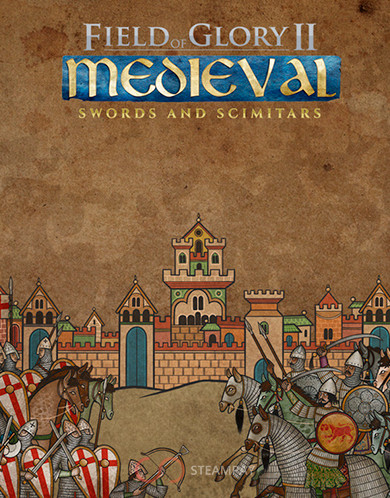In the late 13th century, as the Seljuk Sultanate of Rum entered its final decline, Anatolia was divided into several small independent Turkish principalities called beyliks. One of these beyliks, bordering the Orthodox Byzantine Empire, was led by Osman I. Osman’s tiny state gradually expanded over the next two hundred years to become one of the world’s great empires, known to posterity as the Ottoman (Osmanlı) Empire, after its first leader.
At first, the Ottomans fought the Byzantines for control of local Anatolian cities, but in 1354 they captured their first European territory, taking Gallipoli. This brought them into conflict with other Christian Balkan states, including Serbia, Bulgaria, Hungary, Wallachia, Moldavia, and Albania. Over the next fifty years, the Ottomans were generally victorious in these wars, making them the dominant Balkan power. Their successes led to the Battle of Nicopolis in 1396, where the Western Crusade met with disaster. In the east, much of Anatolia was reconquered from other Turkic beyliks.
This success was briefly interrupted in 1402, when the Turco-Mongol conqueror Timur routed the Ottomans at the Battle of Ankara. Following the capture of Sultan Bayezid I, who died in captivity the following year, the empire was plunged into a chaotic civil war between Bayezid’s sons, and order was not restored until 1413, when Mehmed I became sultan.
Conquests resumed, and another crusade was defeated at Varna in 1444. Finally, the Turks captured the great city of Constantinople in 1453, making it the capital of the Ottoman Empire. In the fifteenth century, a series of brilliant Balkan leaders challenged Ottoman hegemony: John Hunyadi and his son, Matthias Corvinus of Hungary, the Albanian hero Skanderbeg, Stephen the Great of Moldavia, and the Wallachian voivode Vlad Țepeș “the Impaler”. However, despite the many victories of these men, by the end of the fifteenth century the Ottomans were the dominant power in the eastern Mediterranean.
Timur was born in 1336 into a noble family of the Turkic-Mongol confederation of Barlas in Transoxiana (in modern-day Uzbekistan). Rising to control of Transoxiana by 1370, he created the Timurid Empire across what is now Central Asia, Afghanistan, and Iran. Never defeated in battle, he defeated the Golden Horde, the Delhi Sultanate, the Ottomans, and the Mamluks, becoming the most powerful ruler in the Islamic world. His defeat by the Ottomans at Ankara in 1402 set back Ottoman expansion by several decades. His empire collapsed shortly after his death in 1405, but his great-great-grandson Babur created the Mughal Empire in India, which lasted until 1857.
The Catalan Company was formed from Almogavars and other unemployed veterans of the War of the Sicilian Vespers in Sicily. In 1302, the Company was hired by the Byzantine Emperor Andronikos II to fight the Anatolian Turkish beyliks. Over the next two years, the Company fought the Turks so successfully and treated Byzantine civilians so harshly that the Byzantines became alarmed and treacherously murdered the Company’s leaders. The Company then fought the Byzantines and their Alan mercenary allies in Thrace. In 1308, the Company moved to Greece, where in 1310 it entered the service of Gautier V de Brienne, Duke of Athens, and quickly defeated his enemies. However, he failed to pay the agreed fee for his services, which led to his defeat and death at the Battle of Halmyros in 1311. As a result, the Company gained control of the Duchy of Athens, which it ruled until 1388.

